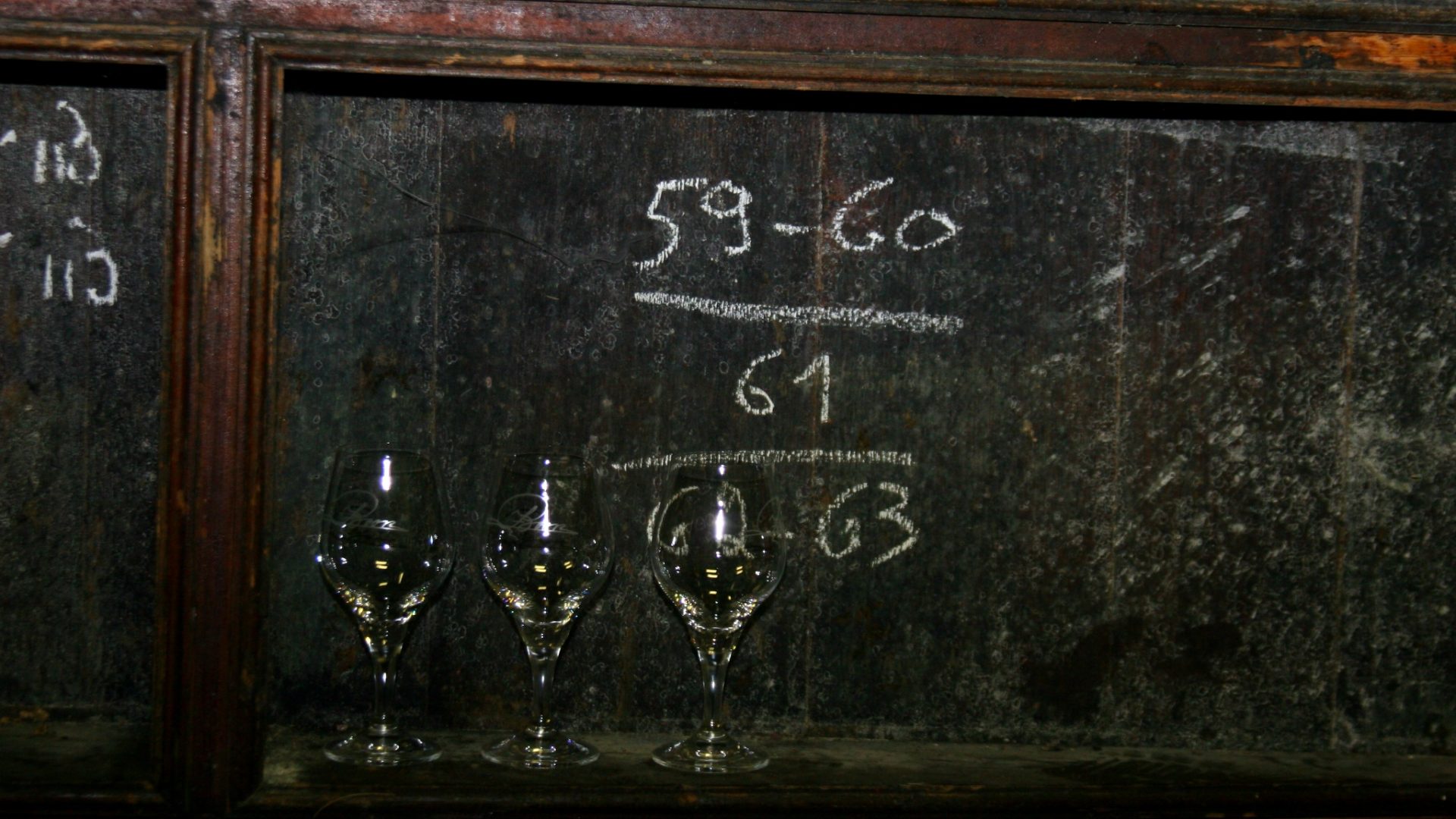 Editors Note: Belgian Beer & Food magazine is an English-language publication about Belgium’s beer and food culture. I’ve written many articles for them over the last several issues. This article appeared in Issue# 12. The craft beer movement has spread world wide leading to a whole new batch of first generation brewers, but what happens to their businesses now that they’re getting ready to retire?
Editors Note: Belgian Beer & Food magazine is an English-language publication about Belgium’s beer and food culture. I’ve written many articles for them over the last several issues. This article appeared in Issue# 12. The craft beer movement has spread world wide leading to a whole new batch of first generation brewers, but what happens to their businesses now that they’re getting ready to retire?
Succession in Belgian Beer
Most of the twentieth century saw brewery after brewery close in Belgium. Two World Wars and the invasion of international pale lagers forced hundreds of breweries out of business. Of the estimated 3,000 breweries operating in Belgium at the beginning of the twentieth century, fewer than 150 were left at the lowest point. Things began to change slowly but surely when new breweries started opening again. New breweries and blenderies such as Boon, De Dolle, and Achouffe joined the storied names of Belgium’s breweries at a time when opening a brewing operation was a fool’s errand.
What happens when the founder is ready to retire? Who carries on the legacy? In the case of Achouffe, Duvel-Moortgat proved an interested buyer. But even the long-standing members of the Belgian Family Brewers Association, founded to promote the value of independent family ownership, are not immune to the uncertainty of the modern craft beer succession issue. Now that the number of breweries is on the rise in Belgium, the founders of these new enterprises need to look after their legacies.

Some new breweries have already planned for the next generation thanks to the enthusiasm of the founder coupled with the spirit of inclusiveness that involved the family in the project from the beginning. Vincent Dilewyns & Brouwerij Dilewyns’ story follows a similar narrative to many new brewers in the age of craft beer. Vincent started out as a home… (Finish reading this article for free at Belgian Beer & Food)

